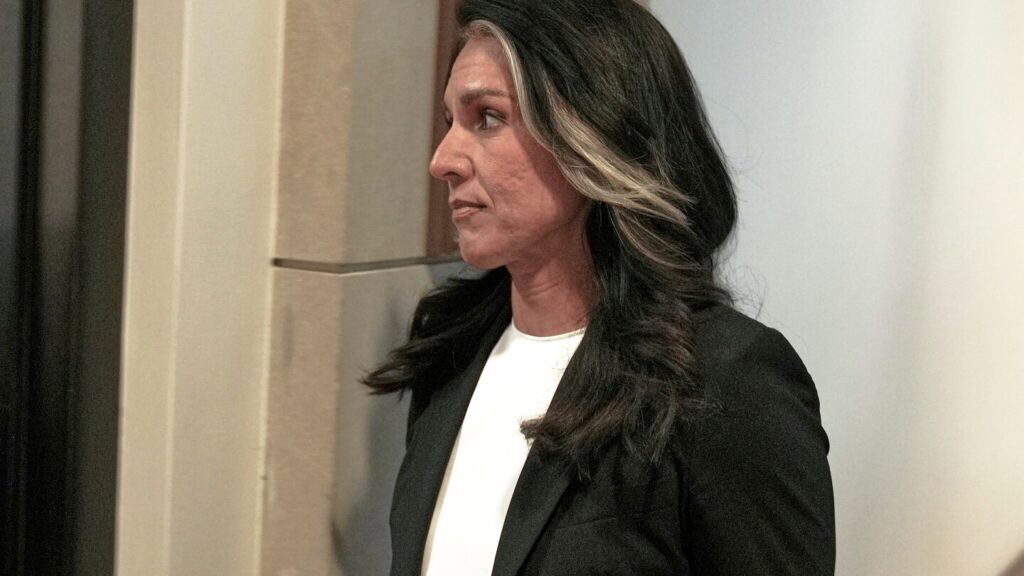Tulsi Gabbard’s testimony to Congress earlier this year regarding Iran’s nuclear program highlighted a stark contrast in assessments between her and President Donald Trump. While Gabbard, the national intelligence director, emphasized that Iran was not actively pursuing a nuclear weapon, Trump dismissed this stance and asserted Iran was on the verge of acquiring one. This discord reflected Trump’s alignment with Israeli Prime Minister Benjamin Netanyahu’s concerns about Iran’s nuclear capabilities.
Gabbard clarified that her testimony had been misconstrued by the media and emphasized that she and Trump were in agreement on the issue. Despite the conflicting viewpoints, administration officials underplayed the inconsistency, emphasizing the potential threat posed by Iran’s uranium enrichment activities.
The intelligence community’s assessment, as reiterated by Gabbard, indicated that Iran had not reauthorized its nuclear weapons program and was closely monitored. However, General Erik Kurilla warned that Iran could produce nuclear material for weapons within weeks. Trump’s disregard for intelligence assessments echoed his past disputes with intelligence leaders, casting doubts on their credibility.
Gabbard’s testimony before Congress and subsequent statements aimed to align her position with Trump’s administration. The article also highlighted Trump’s immigration policies and his reliance on historical laws to justify deportations, despite contradicting intelligence assessments. The rift between intelligence assessments and political decisions underscored the complex dynamics within the administration and its approach to national security issues.

